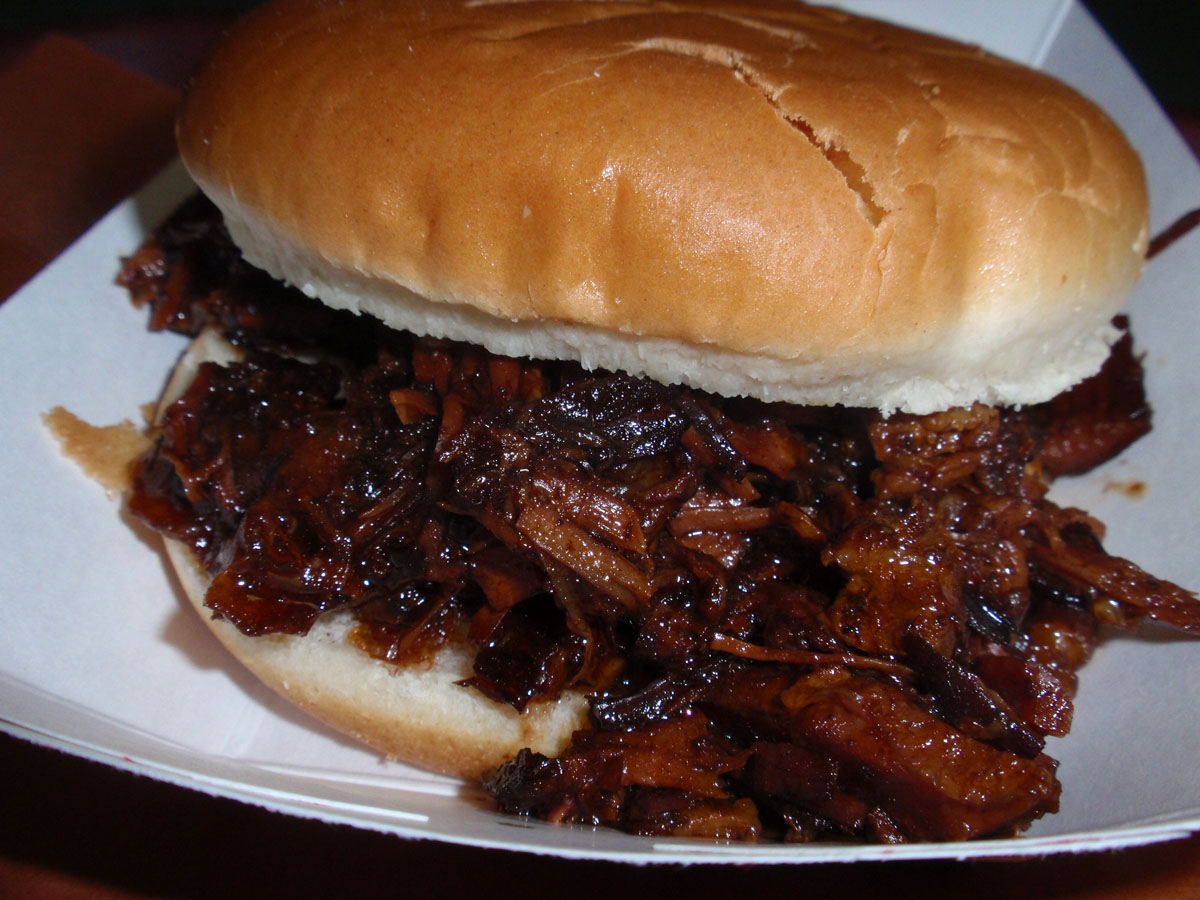Probably the first thing people think of with “Depth” in Leadership is experience and know-how. Good stuff….but I think there’s an undervalued “Special Sauce” to Leadership …more on that in a minute.
Here’s the important and obligatory mention of the impetus for this post:

I’m contributing to this week’s new Deeper Leader Blog topic “How Do We Define ‘Depth’ in Leadership?”
The Deeper Leader SyncrhoBlog sponsored by Evangelical Seminary is running September 24-28th. (A new topic will be offered up for contributions once or twice per month. It’s a great place to read fresh ideas, get inspiration, learn some things, or join in anytime.)
Remember, you are invited and encouraged to add your voice to this dialogue too by commenting here, or over there, or linking up your related article if you write one. Go here for more details to get started.
The Special Sauce
I’m not sure why I said it like that. I guess I’ve landed on something: The loudest leaders aren’t the best at it. Not usually.
Sure, the leaders who get the gigs and have the awesome bio paragraphs, big numbers and impressive sounding credentials seem the most successful. But, I’ve been most transformed and most influenced by the “nobodies”. The ones with quiet and stable wisdom.
I have a rather introverted spiritual director, for instance. She’s grandmotherly and loving. Though she’s formally trained and experienced she won’t be featured at the upcoming Catalyst conference, trust me. She won’t be recognized by “big shots”, nearly all of whom are men, by the way. Perhaps she doesn’t fit their paradigm for leadership experts.
It’s her consistency, character, and depth of understanding that make her easy to follow. I trust her. I listen to her wise words. I soak in her tidings.
ALPHAS
In a world of big burger alpha leaders we can forget about the Special Sauce. The stuff that makes ordinary people worth trusting and following. It comes from battle-tried life experience, courage, and the willingness to care, help, and listen.
It’s funny too because popularity in leadership seems arbitrary. Dave Ramsey, for an example, is all about Leadership (as well as finance). He even coined a term for his leadership training called “Entreleadership”. He’s at the top of the pile with courses, podcasts, books, and resources out the wazoo. I’ll bet he helps a lot of people with all of it too. Yet, when I listen to him on his radio show, I’m not sure I’d like to spend a full evening with the man. Even though I think he’s aces with financial freedom advice, I don’t think he’s earned trust within me like my lowly mentor has done so easily. I’d have to spend time with him to figure that out for certain, of course.
Depth is best seen when when know someone. Their influence may be like a secret special sauce that goes unnoticed but changes everything.
That’s depth that makes a positive difference.



